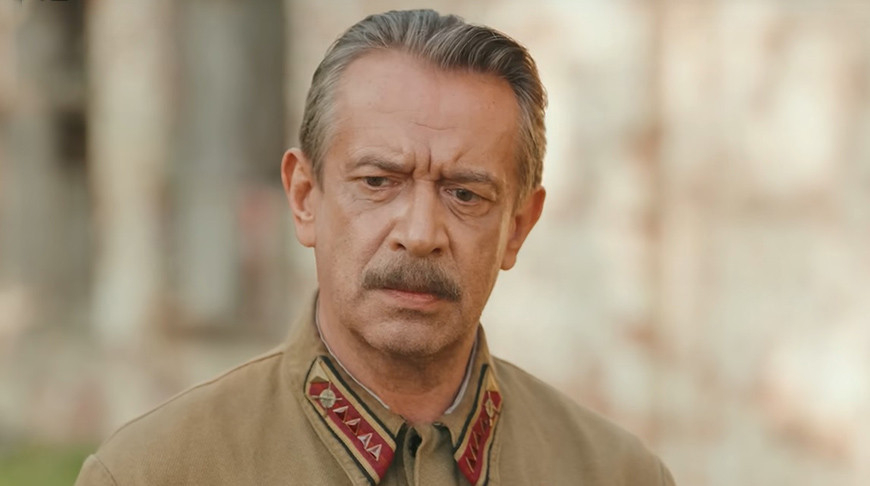
MINSK, 13 September (BelTA) - People should keep memory of those who defended the independence of our common Motherland alive, People's Artist of Russia Vladimir Mashkov said in the project “In Theme” on BelTA's YouTube channel, speaking about the work on a film about the Great Patriotic War.
The actor noted that war scenes in productions have always been relevant. In his opinion, it is important to recall the past not only during remembrance events. “In my opinion, we should remember the events of the war not only now, at a rather difficult moment for the whole world, when evil and darkness faces the light, but do it constantly, not only during the Victory Day celebrations. I am absolutely convinced of this. After all, the Great Patriotic War is that space of collisions, that moment when a man shows all his best or worst qualities. We, living in peace, should remember those who defended the independence of our common homeland. I am talking about Russia, and also about Belarus took the brunt of the fierce attacks at the very start of the war,” he said.
Talking about the production of feature film His Name Was Not Listed, inspired by Boris Vasilyev’s same-name novel, with the shooting taking place in the Brest Fortress as well, the actor noted that the place of the film production is very symbolic. “It was one Soviet Union, and the fortress was defended by people of different nationalities from all over the country. The fortress did not surrender. It bled to death, but it did not surrender. With 80 years on, we see that people remained the same. This means a lot. Despite the fact that the film is very disturbing to watch, it is made by people who live in this country and worry about its future,” the actor and producer shared his thoughts.
He added: “I am very happy that most of the roles are played by artists from the Oleg Tabakov Theater. These are the people we work with on a daily basis. It is very important that they feel these very circumstances. We have military plays in our theater. A lot of kids are involved in our play Sailor's Silence. It is a story that covers 1937, 1929 and 1944. Those were critical times in our history. We live with it.”






















